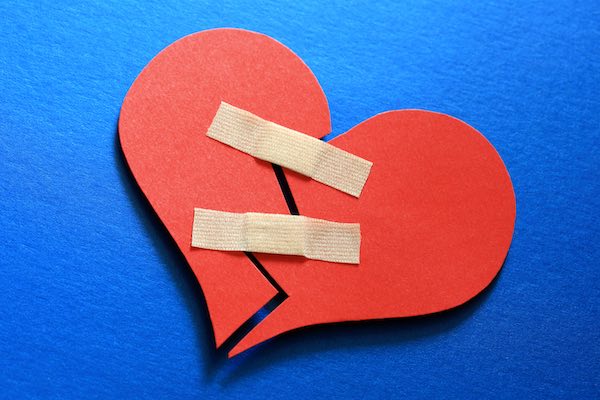How Stress Can Affect Your Heart
- Category: Health
- Published: Tuesday, 19 November 2024 09:57
- Joanne Wallenstein
 The following was submitted by Dr. Jeannette L. Yuen, Cardiologist at White Plains Hospital
The following was submitted by Dr. Jeannette L. Yuen, Cardiologist at White Plains Hospital
Current events, job stress, daily obligations, and relationship tensions can all severely and negatively impact good cardiac health.
“Studies have linked events such as bereavement, loss of a job, and depression with major, life-threatening events such as a heart attack and sudden cardiac arrest,” notes Dr. Jeannette Yuen, a cardiologist with Scarsdale Medical Group/White Plains Hospital. “But daily stress can also aggravate underlying conditions that can affect short-term and long-term health.”
If you have been experiencing significant stress, common symptoms to look for include chest pain, dizziness, sweating, hypertension, and shortness of breath, which may be contributing to the following conditions:
Extreme stress can lead to a condition called takotsubo cardiomyopathy, also known as “broken heart syndrome,” which is more commonly seen in women. During an emotionally stressful event, the heart is overwhelmed by a rush of adrenaline and inflammatory hormones. This weakens the heart, rendering it unable to pump blood efficiently, while other parts of the organ continue to work just as hard or harder. Additionally, there is a small risk of persistent heart muscle failure – presenting as shortness of breath or diminished physical ability. “Luckily, this condition is treatable and mostly reversible,” says Dr. Yuen. “Finding strategies to help cope with ongoing stressful and acutely traumatic events will help lessen the source of stress on the heart.”
Stress-Induced Angina
When the heart muscle doesn’t get enough oxygen, the result is chest pain or “angina” – your heart’s way of telling you it needs more blood flow to function properly. When you become angry or stressed, your blood pressure goes up and toxic hormone surges can lead to spasms in the arteries. Left untreated, angina and the constant deprivation of oxygen and blood flow to the heart could result in spasms, a heart attack or heart failure in some cases.
Arteriosclerosis
Additionally, chronic stress and depression can also worsen arteriosclerosis, a condition that occurs when plaque builds up in arteries, therefore causing spasms and clogging your arteries. Depression can also lead to less motivation to exercise and eating more comfort foods, worsening cholesterol levels and contributing even more to the condition.
Find ways to cope:
If chronic stress has seeped into your life, talk to your primary care physician or cardiologist about diagnosing and treating a possible heart condition. Incorporating some of these calming strategies into your day can take a load off your heart, as well, says Dr. Yuen:
• Relaxing through gentle exercises and possibly through a more vigorous exercise program under the supervision of your clinician
• Finding a quiet environment to relax and recharge during stressful times of the day
• In some cases, counseling or therapy can help you identify your stressors and develop techniques to overcome them or respond to them less anxiously and more proactively
If you are experiencing sudden symptoms such as chest pain or pressure; pain in the back, arm or jaw; shortness of breath; or a cold sweat, nausea or lightheadedness, it’s important to call 9-1-1 right away so you can be evaluated and treated.
Dr. Jeannette Yuen is a Cardiologist with Scarsdale Medical Group, seeing patients at the Harrison location. To make an appointment, please call 914-723-8100.
Health Matters
The original version of this article was published in Health Matters, a White Plains Hospital publication.















